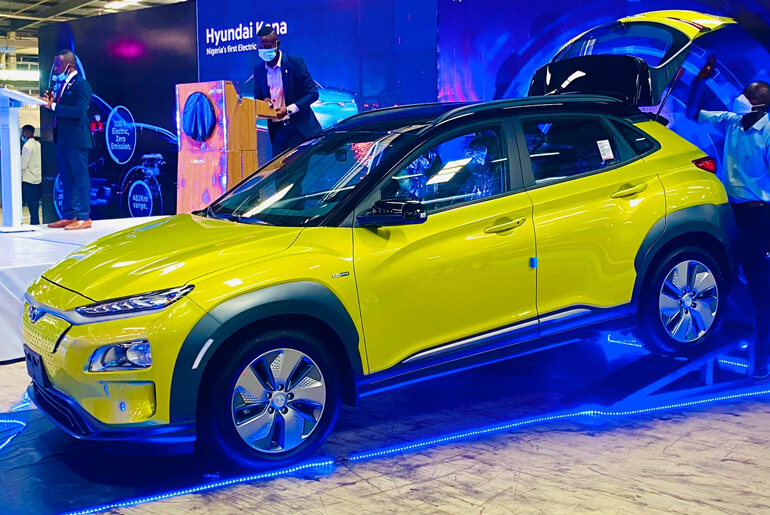From the invention of light bulbs through the development of washing machines and dishwashers, and now to the development of electric vehicles, technology has advanced over time. Instead of the more common gasoline and diesel, these cars are electric-powered.
Table of Contents
In order to improve the quality of life for the population and offer a workable solution to problems like global warming and environmental pollution, experts have always come up with new ways to include smart technology that would drive global digital transformation.
Will Electric Cars Ever Beat Toyota, Lexus, and Benz In Nigeria?
Now to the major topic of the day. Will Electric Cars Ever Beat Toyota, Lexus, and Benz In Nigeria?
What are your thoughts on this?
One of the best things to happen in the modern era, electric automobiles are acknowledged as excellent advancement. More individuals are choosing electric vehicles globally, and the industry is undeniably on a road of technological improvement, so it appears that electric vehicles will dominate transportation in the future.
In May 2021, the governor of Lagos state, Babajide Sanwo-Olu, revealed the nation’s first electric vehicle in Lagos. The Stallion Group’s electric vehicle, the Hyundai Kona, was also the first of its kind to be built in Nigeria.
No pollutants are produced by the electric vehicle, which can be charged both indoors and outside. The governor promised to install charging stations for electric cars (EVs) all around the state at the event, even though they haven’t been put in place yet.
But the real question is whether these electric cars can take the place of Nigeria’s popular Lexus, Toyota, and Benz models. In Nigeria, the aforementioned cars are classified as luxurious and are typically driven by affluent individuals. As a result, the question of whether a transition to electric vehicles is feasible for these cars emerges.
The switch from cars to electric vehicles in developed nations is already having an impact on Nigeria, a country that produces a lot of oil and relies heavily on oil for its national income. The GDP of the nation has been impacted, and if the nation were to transform in this way, crude oil as a source of revenue for the corporation would vanish. As a result, the country’s budget will be less and it will have more imports than exports, which will affect its currency’s standard, among other things.
People from different socioeconomic backgrounds live in Nigeria, which is a sizable nation. Compared to those in the higher income class, the middle class and lower class make up a larger portion of the population in this country.
Therefore, even if residents have the means to purchase electric vehicles, they cannot outnumber the middle class and lower class, who will continue to drive “Toyota, Lexus, and Benz”.
The existence of electric vehicles in Nigeria would also be seriously threatened by the electrical problem. An extended period of time and a fairly high voltage is required to fully charge electric vehicles. In Nigeria, where there are frequent power outages and low currents, this is not practical. In 2022, when the national power plant failed, the entire nation likewise was without electricity for around two days. Many individuals would have been left stranded as a result of transportation problems if electric cars had been available at that time.
The acceptability of electric vehicles among Nigerians may also be influenced by the nation’s roads. Due to their high sensitivity, electric vehicles may be damaged by potholes on the road. Due to the car’s high cost, the owner would incur significant expenses in order to obtain the necessary parts and repair the vehicle. As a result, many people might be deterred from purchasing it.
This is not to imply, however, that electric vehicles will never outperform Toyota, Lexus, and Benz automobiles; they are already considered to be a viable alternative. The likelihood of these autos surfacing in Nigeria will increase if the aforementioned issues can be effectively resolved.
Final Thoughts
As a final point, the majority of global automakers are now making their own electric vehicles, which are also becoming more and more common. A local auto manufacturer called JET Motors also makes customised electric automobiles in Africa. This may just be the solution to the issue of electric vehicles and poor roads since these vehicles are anticipated to be fit for the environments of Africa and Nigeria.









